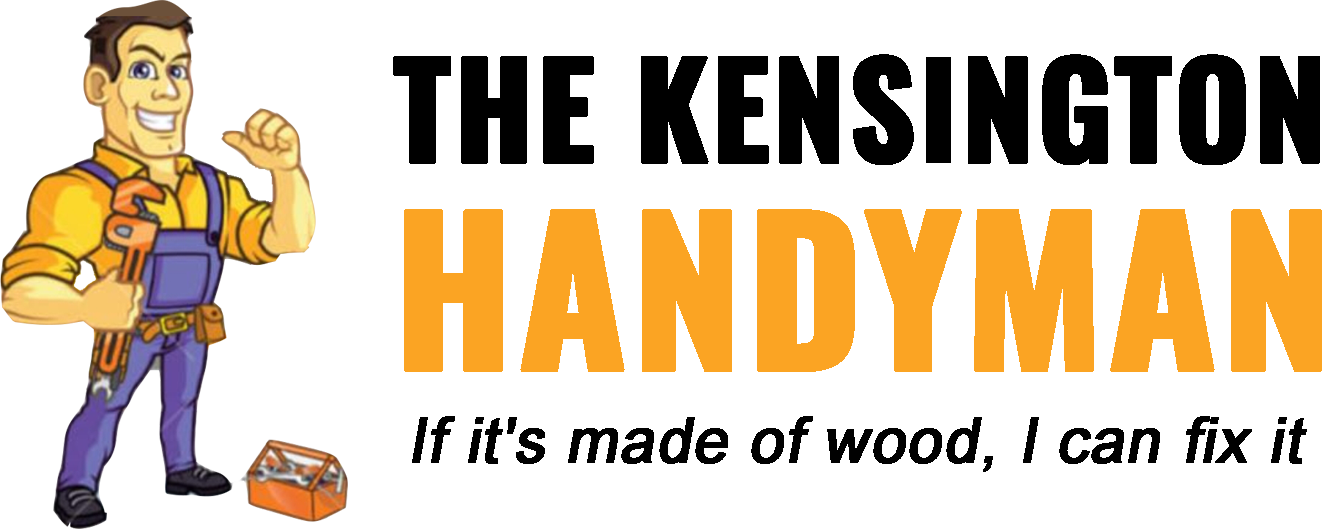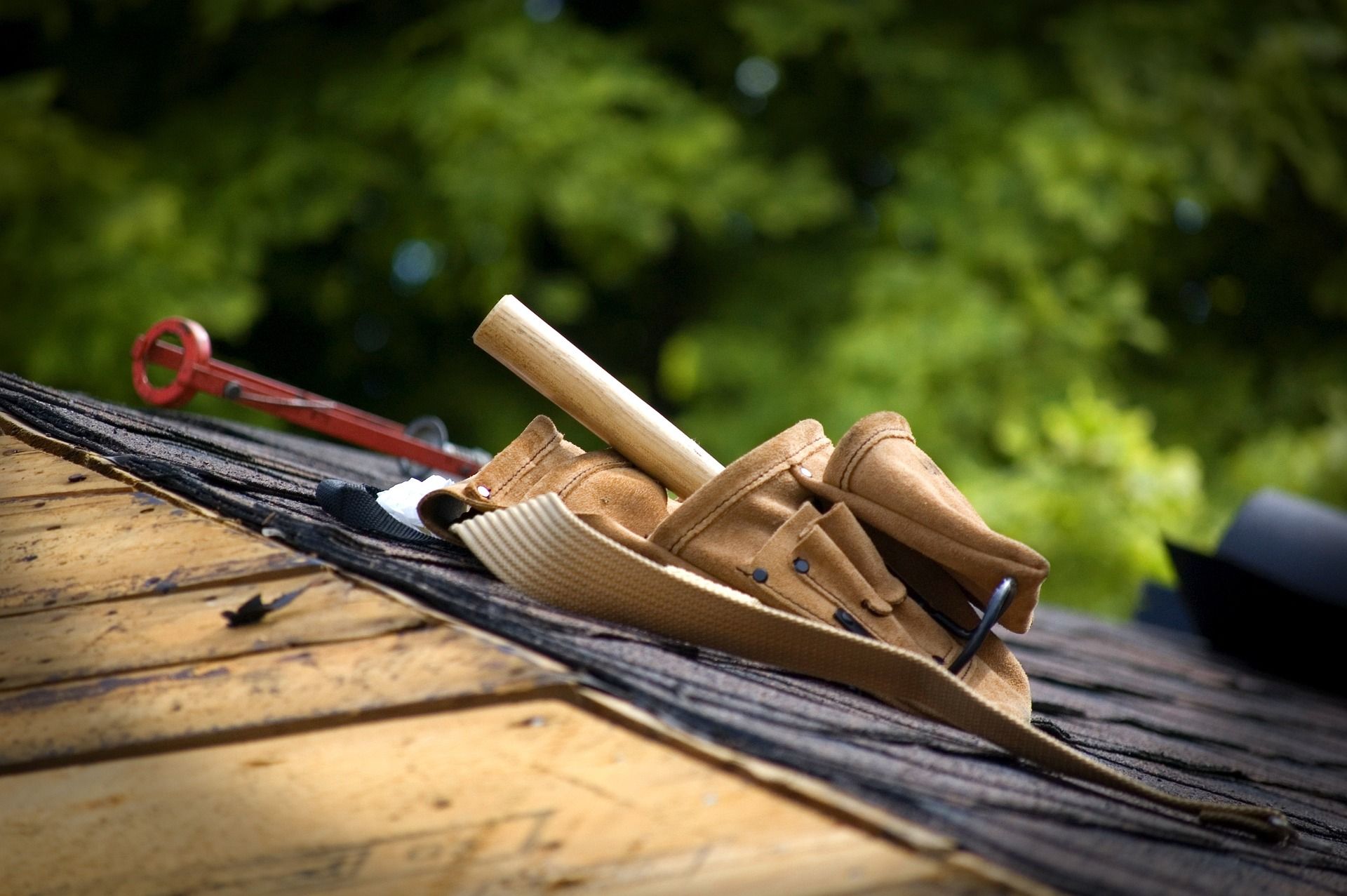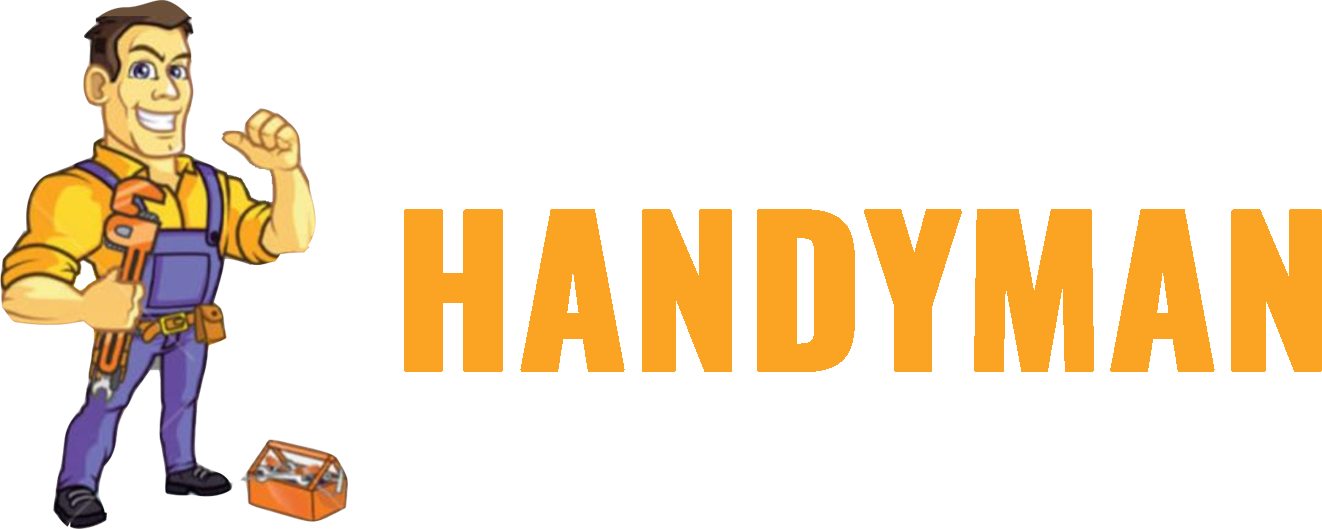How to Hire a Good Handyman: 10 Questions You Should Ask Before Making a Decision
Finding and hiring the right handyman to complete work at your home requires advanced planning, research, and forethought before deciding. Rushing into hiring an unqualified handyman without taking key steps is a recipe for disappointment or disaster. The essays above outline crucial questions homeowners must answer to identify the most experienced, reliable, cost-effective handyman for their unique needs.

What specific projects and skills does the handyman specialize in?
When hiring a handyman, finding someone who specializes in the type of project you need completed is important. Some handymen are jacks of all trades, while others focus on carpentry, electrical work, or plumbing. Ask potential hires what skills and projects they are most experienced with. A general handyman may be appropriate for minor repairs like hanging paintings or assembling furniture. But major home upgrades like remodeling a kitchen or bathroom should be handled by a contractor who does that type of work daily. They will have the right tools, materials, and knowledge to complete the job properly.
For complex wiring and electrical issues, only consider hiring a
licensed electrician. Safety should be the top priority when dealing with electricity. The same goes for gas line repairs - leave it to the
experts with proper certifications. When looking for help with your
plumbing system, a handyman with extensive experience can best assess leaks, unclog drains, and install or replace water heaters. Don't risk shoddy workmanship by hiring a jack-of-all-trades when you need a
true specialist. Take time to understand each handyman's niche before deciding if their skills align with your specific project.
How long have they been working as a handyman?
When evaluating handymen, pay close attention to how many years of experience they have successfully delivering home repair and maintenance services. In most cases, more experience is better when hiring someone to work on your house. The reason is that handymen acquire important skills, expertise, and toolkits as they work on different types of projects over many years. A handyman who has been in business for 5 to 10 years or longer has likely gained proficiency across a wide range of residential repair tasks. Their experience allows them to diagnose issues properly, develop solutions, and implement fixes - sometimes ingeniously.
In contrast, a newer handyman may still develop their abilities and learn the most efficient methods for doing quality work. They are more prone to
rookie mistakes that could lead to problems. Experience also allows established handymen to develop networks of skilled subcontractors they can call on if a project requires special skills outside their wheelhouse. An
experienced handyman has a
proven track record you can verify through client referrals and reviews. Assuming their previous customers were satisfied, higher experience levels translate to lower risk when hiring for your next home repair challenge. Don't underestimate the value of proven expertise.
Are they licensed and insured for handyman services in your state/city?
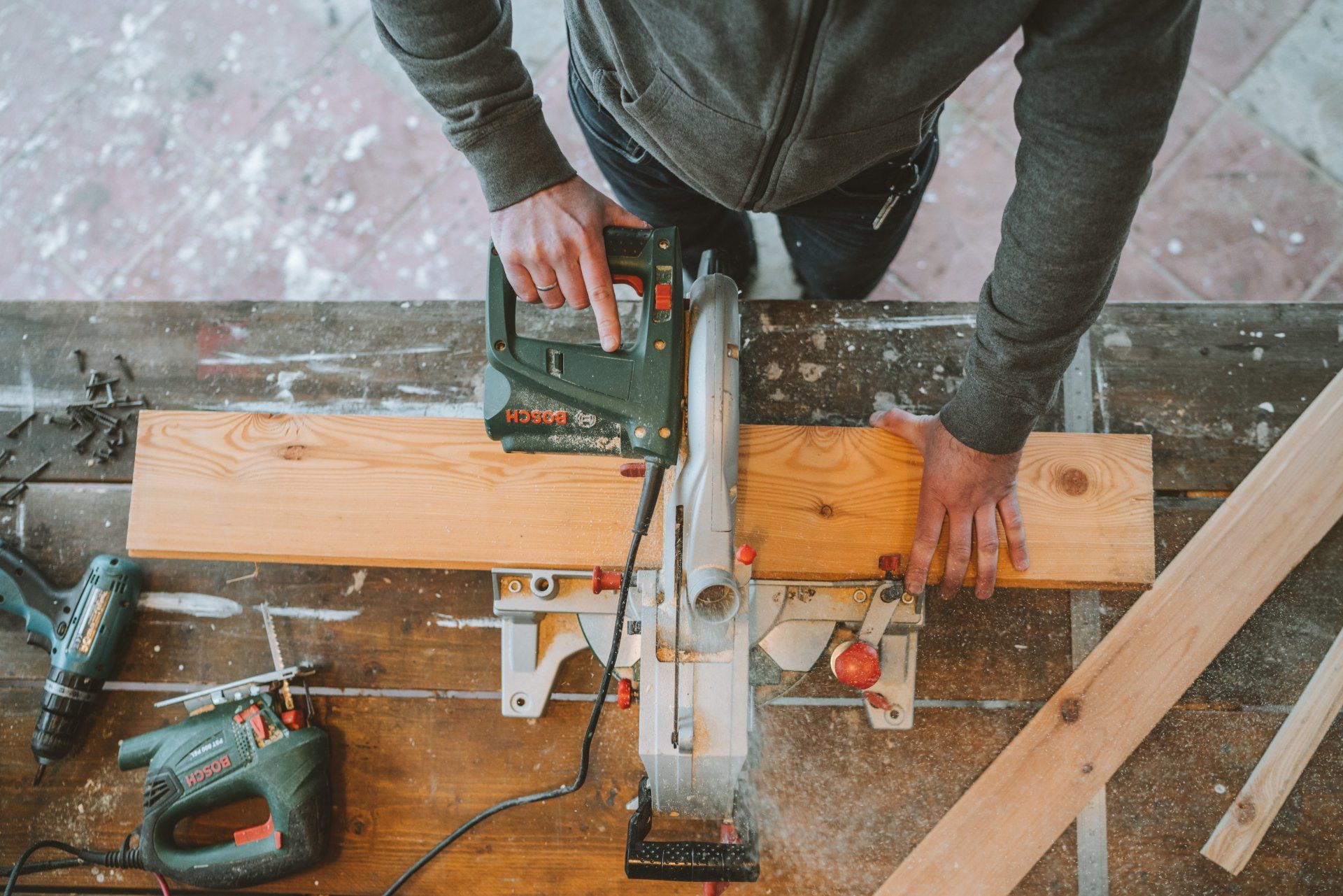
Verifying proper licensure and insurance should be mandatory before hiring any handyman. Handymen must hold a state-issued specialty license in many states to work legally in homes. There are also often local licensing requirements in cities and counties. Ask to see the handyman's current license to confirm validity. This shows they completed the necessary training and passed the required tests on building codes and repair techniques for their specialty. An unlicensed handyman may lack the skills and knowledge for safe, quality repairs and could put your home's structure or systems at risk. Always double-check the active license status before committing.
Equally important is ensuring the handyman carries general liability and workers' compensation insurance. This protects you financially in case of an on-the-job accident at your home, damage to your property, or injuries suffered by the handyman. Never take a handyman's word for it - verify policy details with their insurer. Reputable, professional handymen will be
fully licensed and insured. Doing your due diligence protects your home investment and provides critical peace of mind. Only hire someone you can confirm meets state and local legal requirements to perform their craft. The time spent checking provides long-term benefits.
Can they provide references from recent handyman jobs completed?
Speaking with references is one of the best ways to gain insights into a handyman's quality of work and professionalism before hiring them. Any reputable handyman should be able to furnish references from several recent clients you can directly contact. Be sure to ask for references from jobs similar to yours specifically. A handyman may perform great electrical work but be weak in carpentry skills.
Talking to previous clients gives you a sense of the handyman's communication style, timeliness, attention to detail, and more. Ask for references if the handyman completed work on schedule and within budget. Did they maintain a clean workspace and clean up thoroughly afterward? Were there any issues with unprofessional behavior? How responsive were they to any additional requests or concerns during the project? Would they be confident recommending the handyman for future jobs based on their experience? Consider reaching out to references by phone rather than email so you can have an actual conversation and ask follow-up questions as needed.
Taking time to consult references will help you avoid potential headaches by weeding out handymen with a history of poor customer service or subpar skills. If a handyman hesitates to provide references or only gives one or two, that is also a
red flag. Quality handymen will have a solid track record of referrals that back up their expertise. Checking references is a simple but incredibly valuable step.
Do they have a permanent business location and professional tools for the job?
Legitimate and reliable handyman should have an established local base of operations and office space you can visit. This demonstrates a commitment to the business with roots in the community. Stop by their shop or headquarters to get a feel for their professionalism before bringing them into your home. Also, ask if you can see the types of tools and equipment they plan to use for your project. Using industry-standard professional-grade tools usually signals a higher degree of knowledge and craftsmanship.
Beware of handymen who seem transient, operate out of their truck, or only communicate through a cell phone number. These may be untrustworthy operators. You want to know the handyman takes pride in their trade and has invested in proper resources to serve customers. This includes trucks stocked with the equipment needed for specialized work like electrical system upgrades or installing cabinets. Well-maintained tools demonstrate attention to detail. Disorganization is a clue that skills may be lacking. The handyman's facility itself should appear professional. These factors indicate that the handyman values delivering quality service worth your pay.
A competent handyman will be ready to show you their business credentials, shop, and gear to earn your business. This gives you greater confidence in their capabilities even before seeing them tackle your specific handyman project. Don't hesitate to ask questions and assess their operation. The more thoroughly vetted, the better.
What steps will they take to protect your home from damage during repairs?
Whenever you bring a handyman into your home for repairs, it's reasonable to be concerned about potential damage. Experienced professionals know how to work carefully to avoid unwelcome surprises. Ask what specific precautions they employ for painting, electrical work, flooring installation, or plumbing repairs. Are they accustomed to moving furniture or covering surfaces when necessary? Do they use drop cloths, plastic sheeting, floor protectors, or tarps while working? What about wearing shoe covers to avoid tracking in dirt?
Good handymen will focus on minimizing disruption as they complete the job. They should talk through how they isolate work areas, redirect foot traffic, and handle tools and materials safely. If you have special concerns like protecting inherited antique furniture, voice them so the handyman can
customize their process. Also, find out what kind of cleanup they do when the project is finished. Do they vacuum, haul away debris, return furnishings, and ensure the area looks tidy before doing the job? Any quality handyman takes steps to treat your home with care and follows through with thorough cleanup. Don't be afraid to quiz them on damage prevention protocols.
What is their hourly rate or overall project fee?
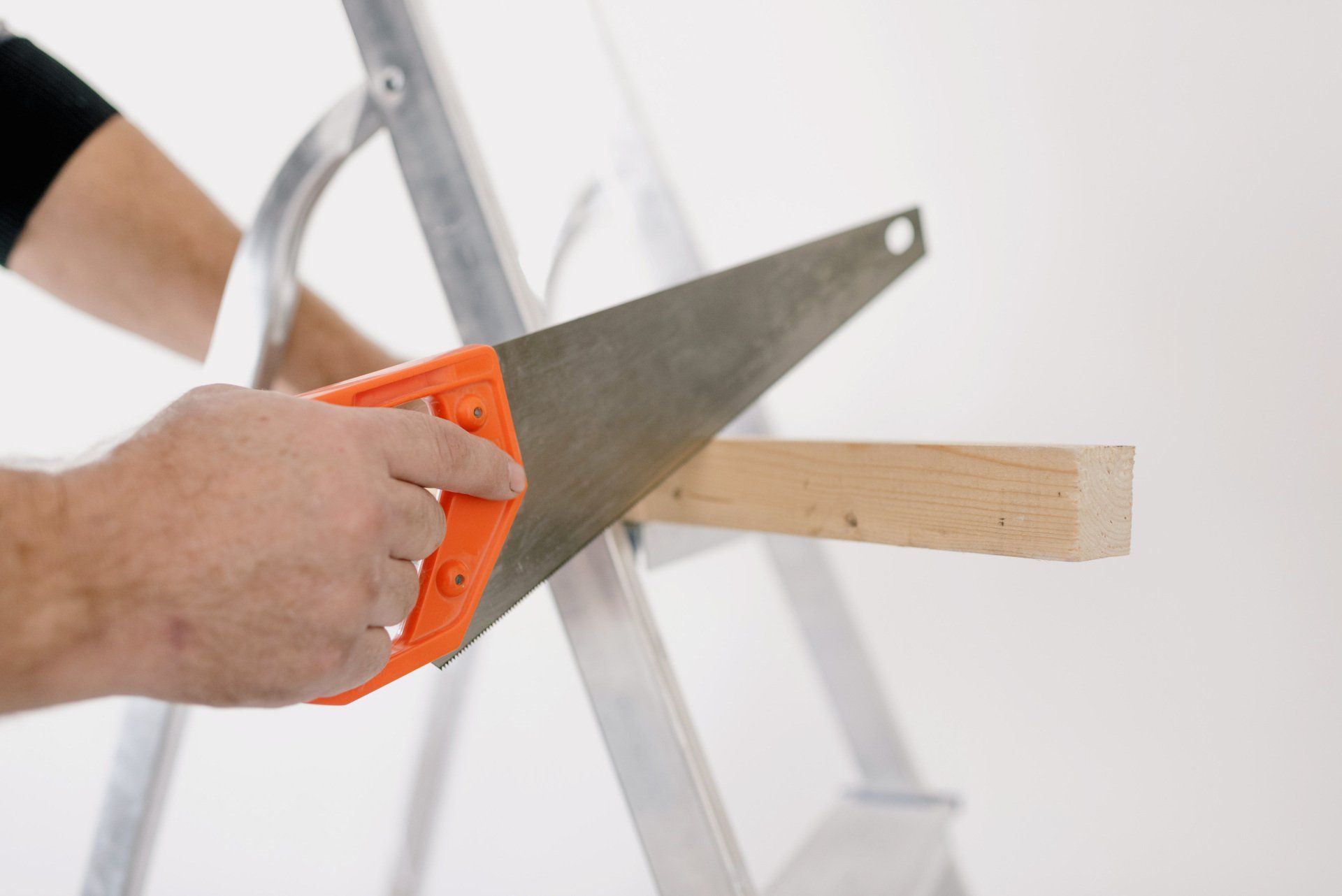
When meeting with handymen to discuss your project, one of the most important questions to ask upfront is their rates and overall fees. Get quotes from at least three contractors to compare pricing and find good value. Be wary of a handyman who gives an estimate that seems suspiciously low. Incredibly cheap rates often mean poor quality of work or cutting corners.
Ask if the handyman charges by the hour or if they quote a fixed price for the entire project. Hourly billing may encourage them to work slower, while a fixed fee motivates faster completion. Discuss how many hours they expect the project will take and the hourly rate range. Also, find out if there are fees for additional services like hauling away debris or buying needed materials and supplies. Make sure you understand every potential cost.
Good handymen can provide a detailed breakdown of all costs for large remodeling jobs, including labor, equipment rental, disposal, purchased items, and more. Get quotes in writing rather than just verbal estimates. The project scope should be clearly defined. Beware if a handyman seems reluctant to provide a transparent estimate. Hiring a handyman with the right balance of quality service and affordability will save you headaches in the long run. Doing cost research is time well spent.
When can they start and complete the repairs based on your schedule?
Before committing to hire a handyman, ask about their availability to start and finish the project based on your personal schedule and time constraints. A trustworthy handyman will provide direct answers about when they can dedicate time to your job. Convey any dates when you need the work done, and determine if that fits their workload. Also, discuss the estimated duration for completing the repairs once started.
Get confirmation on a definitive start date in writing, not just vague assurances. You want to avoid a situation where you turn down other handymen only to have your first choice back out later due to overbooking. Make your scheduling needs clear from the beginning. For more extensive projects, ask for a detailed timeline with expected milestones and progress checkpoints. The ideal handyman values your time and provides clear, reliable commitments.
Choose someone who demonstrates good
time management abilities. If they are overloaded with other jobs, it may take longer for them to get to yours. Don't settle for vague estimates on when they can squeeze you in. Finding a professional who aligns with your scheduling priorities will ease frustrations. Protect yourself by nailing commitments in a written service agreement before work begins.
Do they offer any warranties or guarantees for their workmanship?
Reputable handymen stand behind the quality of their work by offering warranties and service guarantees. A good warranty should cover the repair or replacement of any defective materials for 1-2 years minimum and cover the handyman's labor for 6 months up to a year. Longer warranties usually signify greater confidence in their work. Ask for warranty terms in writing - verbal promises carry no weight.
Also, find out exactly what scenarios or problems the handyman's service guarantee covers. Will they come back to redo or fix mistakes at no additional cost? Are you protected even if something goes wrong due to faulty materials or workmanship? What is their response time if you do encounter issues later on? Get assurances they will make things right.
Handymen unwilling to guarantee their labor or who only offer bare minimum warranties may not have faith in their own skills. While nothing is foolproof, quality handymen stand by their service track record. A good warranty provides valuable
peace of mind and financial protection after the job. Don't settle for less than solid coverage.
Will they provide a written estimate upfront for the full project cost?
Professional handymen should always provide a full written estimate of the project's costs upfront before any work begins. Verbal estimates are not sufficient. Get quotes in writing from several handymen to compare. A detailed estimate allows you to clearly understand what is included and the job's total price. Costs for time, labor, materials, supplies, disposal fees, and other charges should be broken down line-by-line.
Beware of any contractor reluctant to give you a detailed estimate in writing. Quality handymen want to be transparent. Ambiguity about costs or being charged more than the estimate would be red flags. Also, verify who is responsible for purchasing the necessary supplies and materials for the project per the written estimate. Any changes that occur during the course of a project should be agreed upon in writing as well.
Having a documented cost estimate upfront is essential preparation before hiring a handyman. This helps avoid any billing disputes or accusations of “sticker shock” when the final invoice arrives. Closely reviewing the estimate together allows you to ask questions and clarify details before approving the handyman for the job. A true professional will provide this paperwork.
Conclusion - Professional Handyman Services Near Me
In conclusion, finding a qualified, reliable handyman takes time but pays dividends in the long run. Asking the right questions and evaluating responses will enable you to hire someone truly equipped to meet your needs. While the upfront investment in vetting handymen is significant, it helps avoid disappointments or Rip repair jobs that cost more to fix later. Even a simple project merits careful examination of a handyman's credentials, references, insurance status, experience, and availability. Follow these guidelines for preparation to gain assurance you have the right handyman for the job before work begins.
West London's best Handyman services
Reliable all round services including
Curtains Fitting And Installation
useful links

We are helping to save the rainforest,
one acre at a time

Mentoring businesses with the British Library

Helping create an ethical world

Insured by Simply Business
